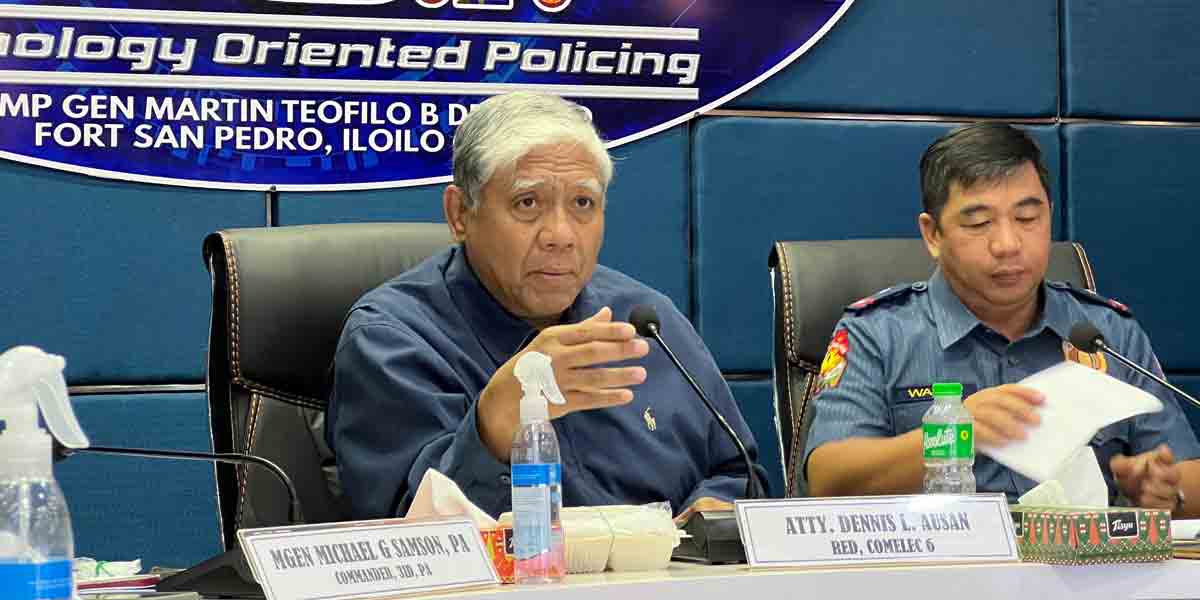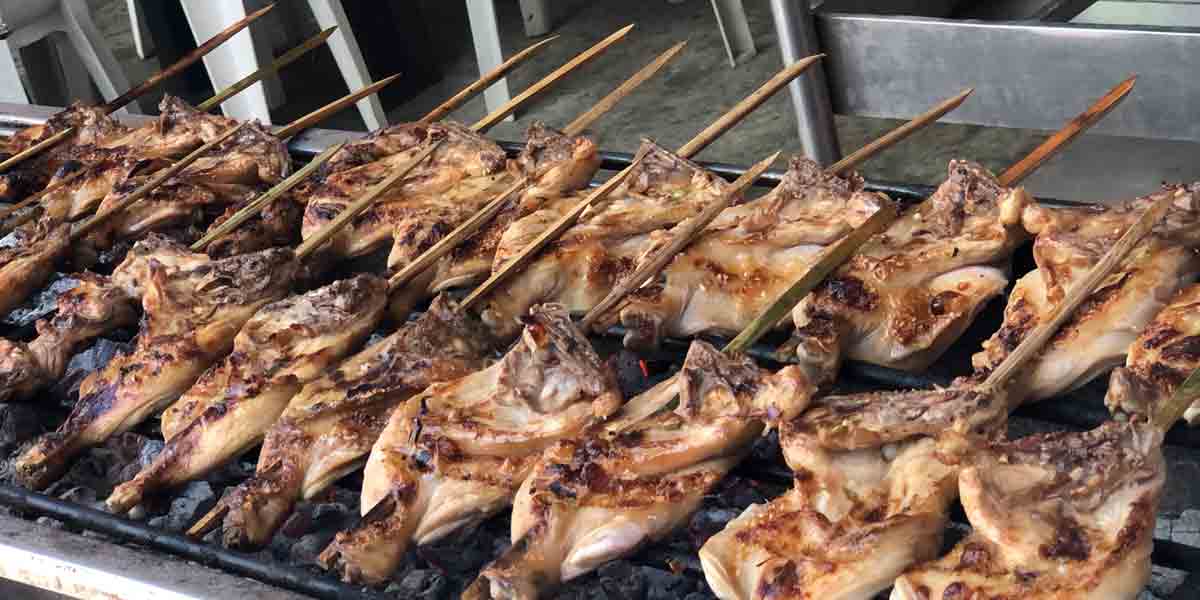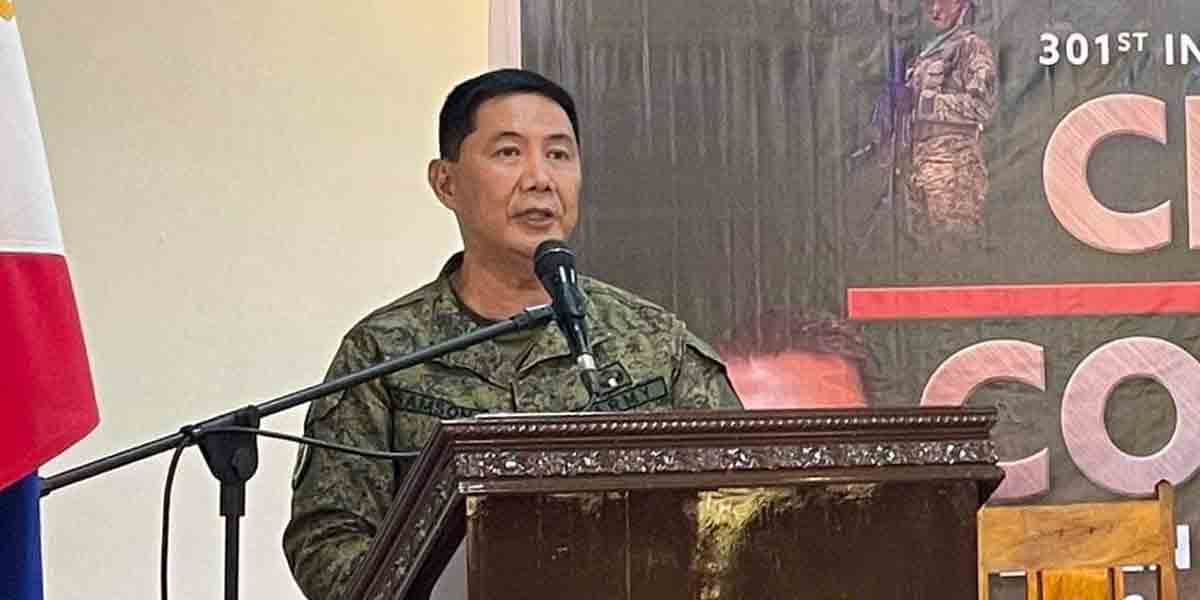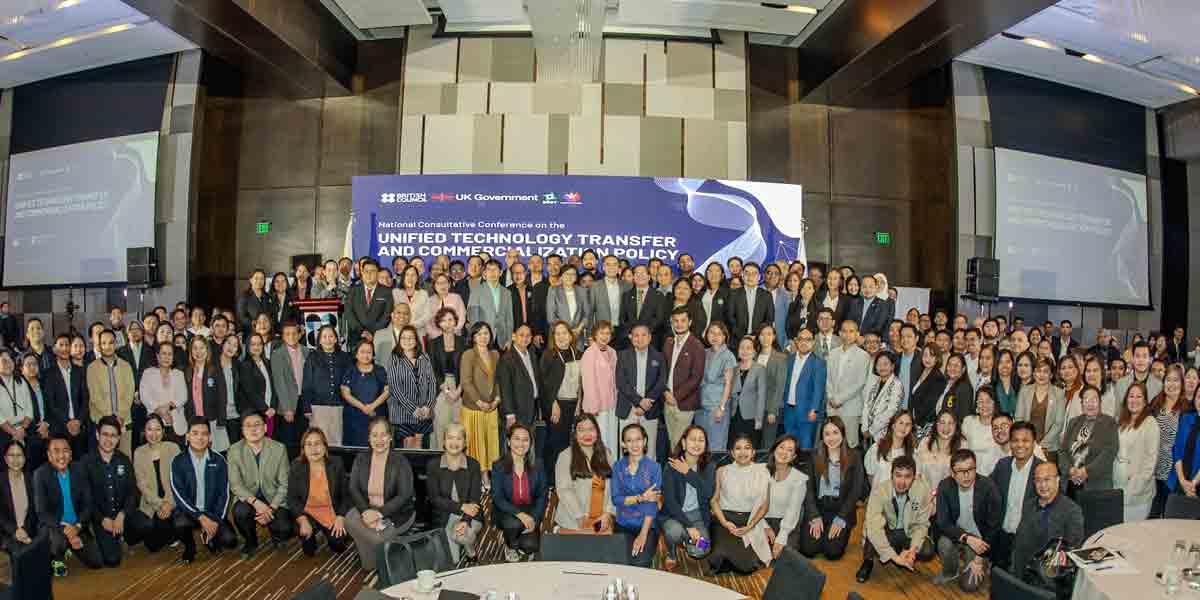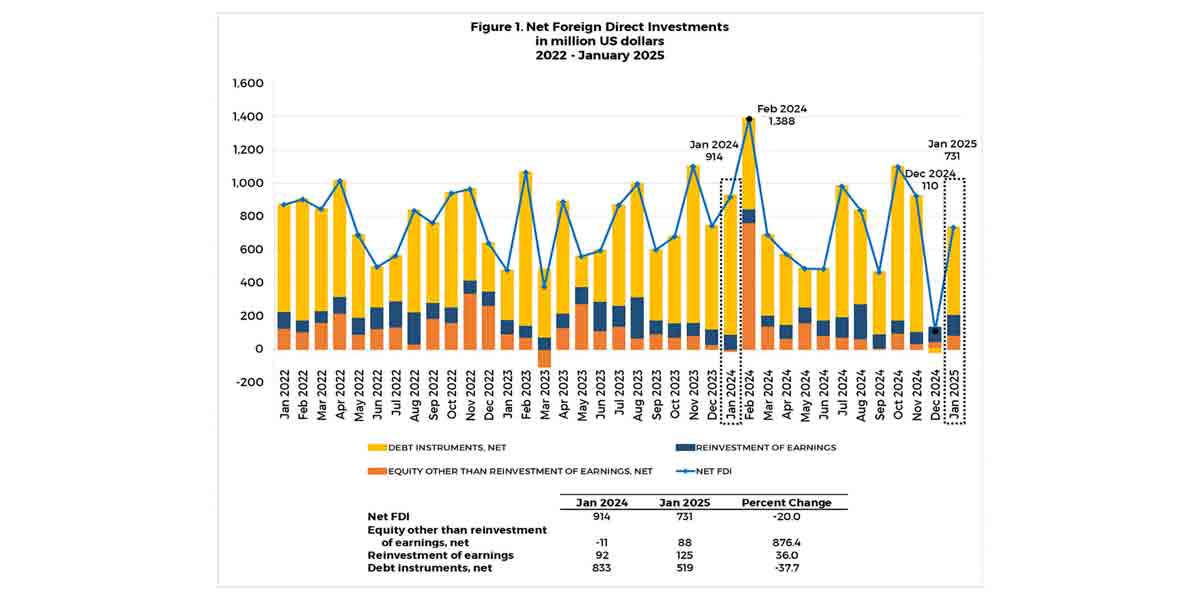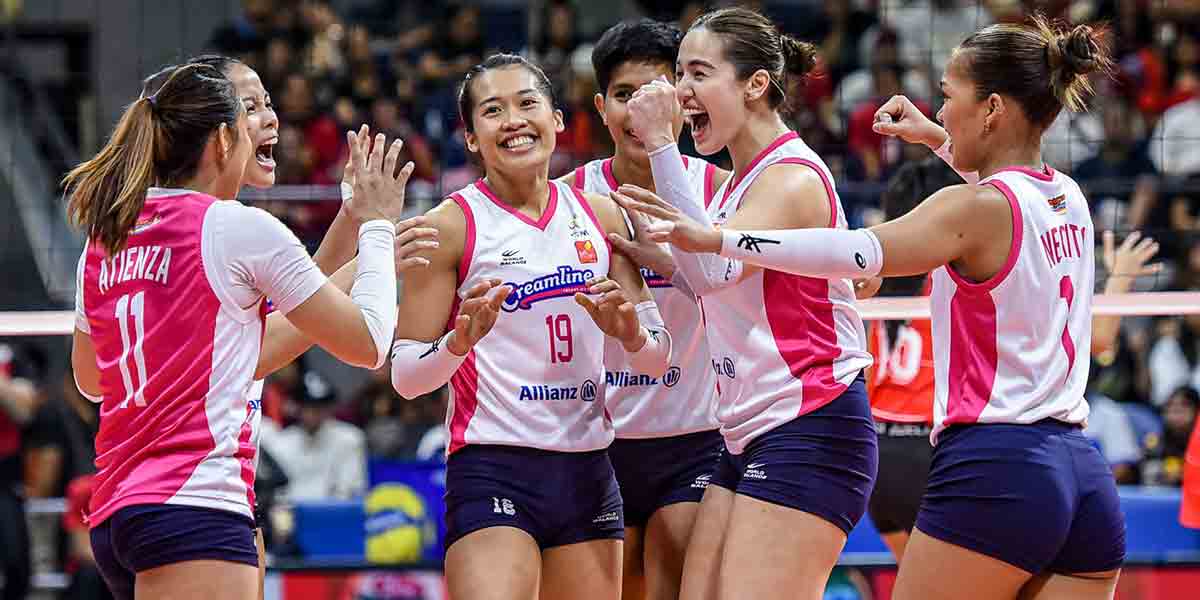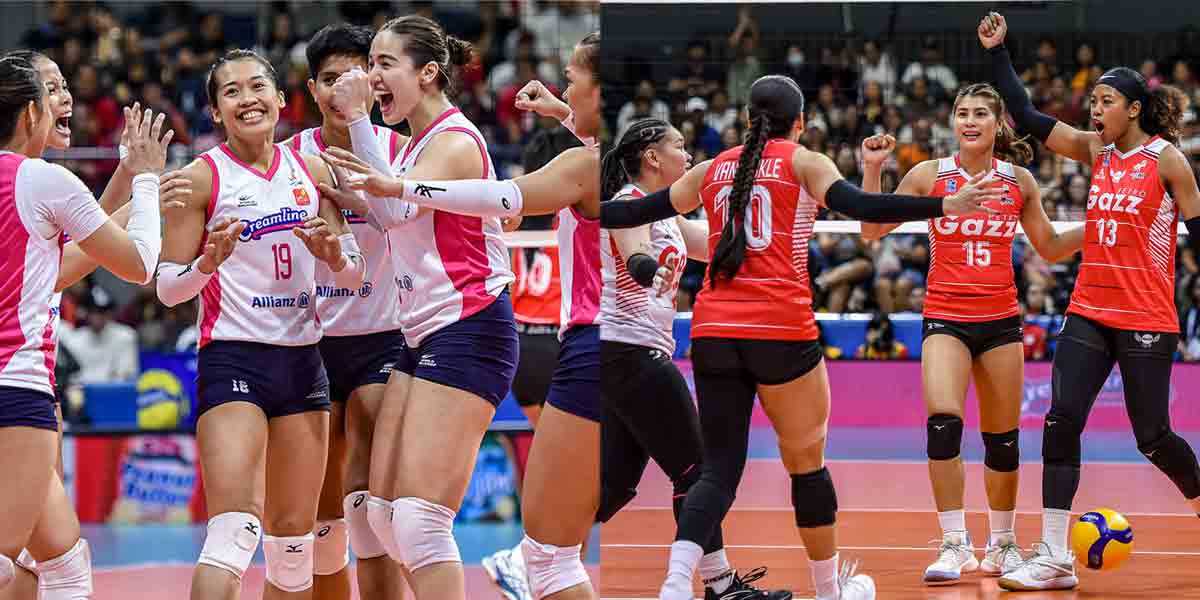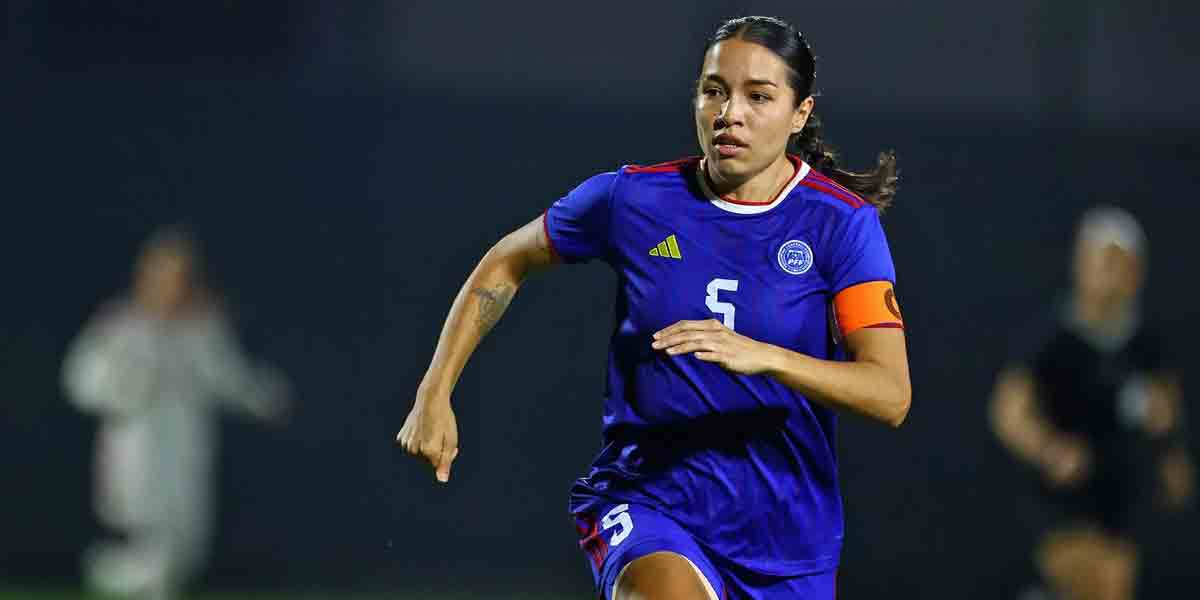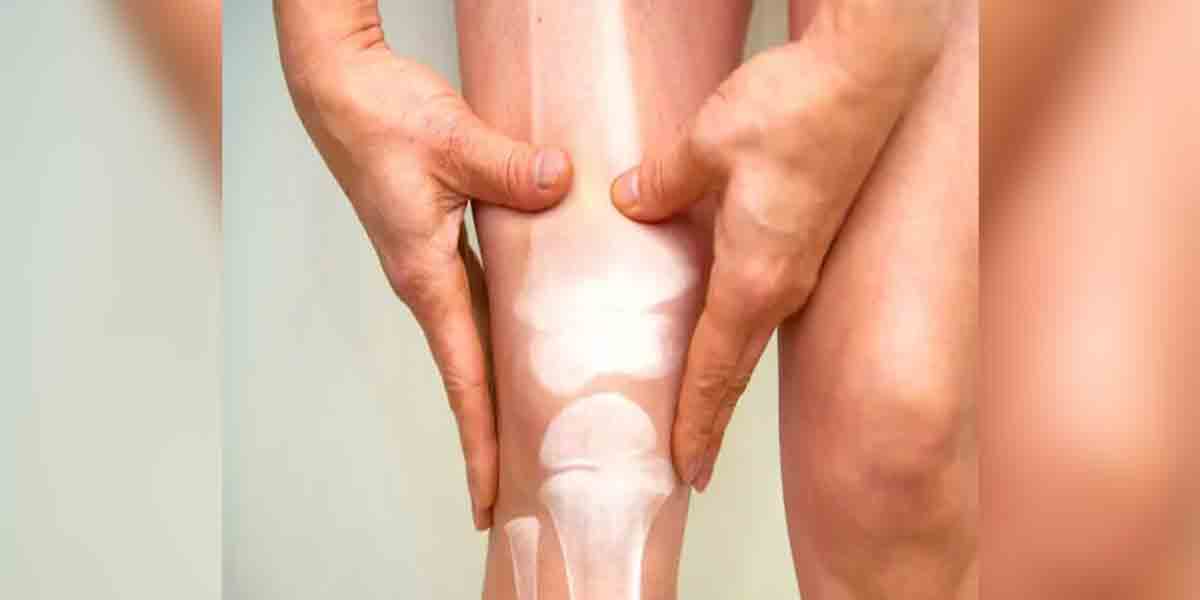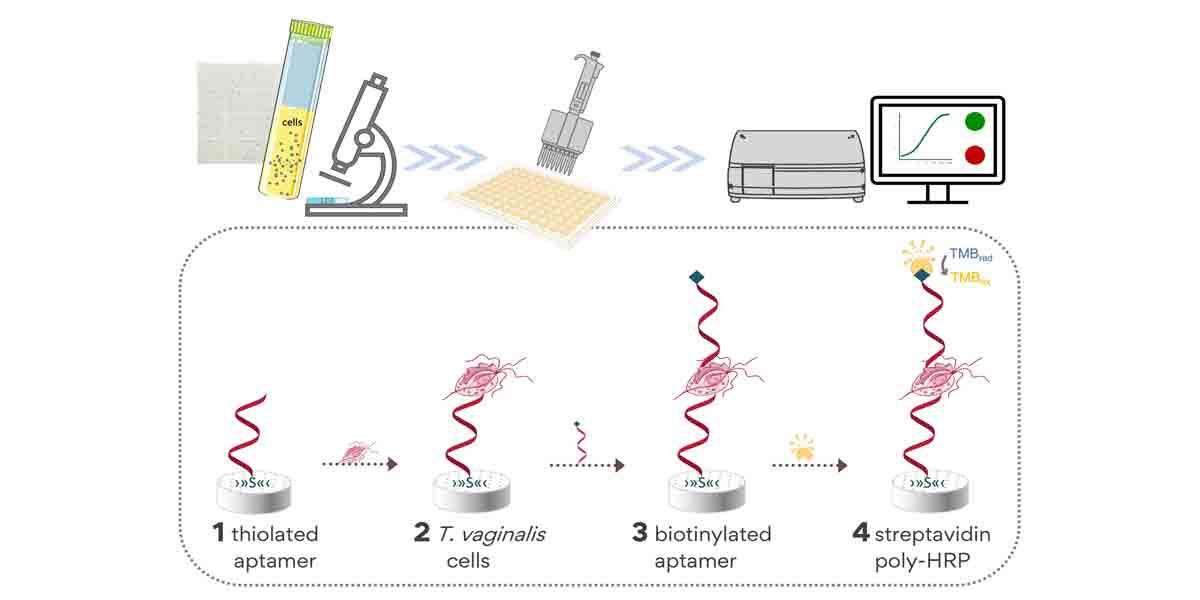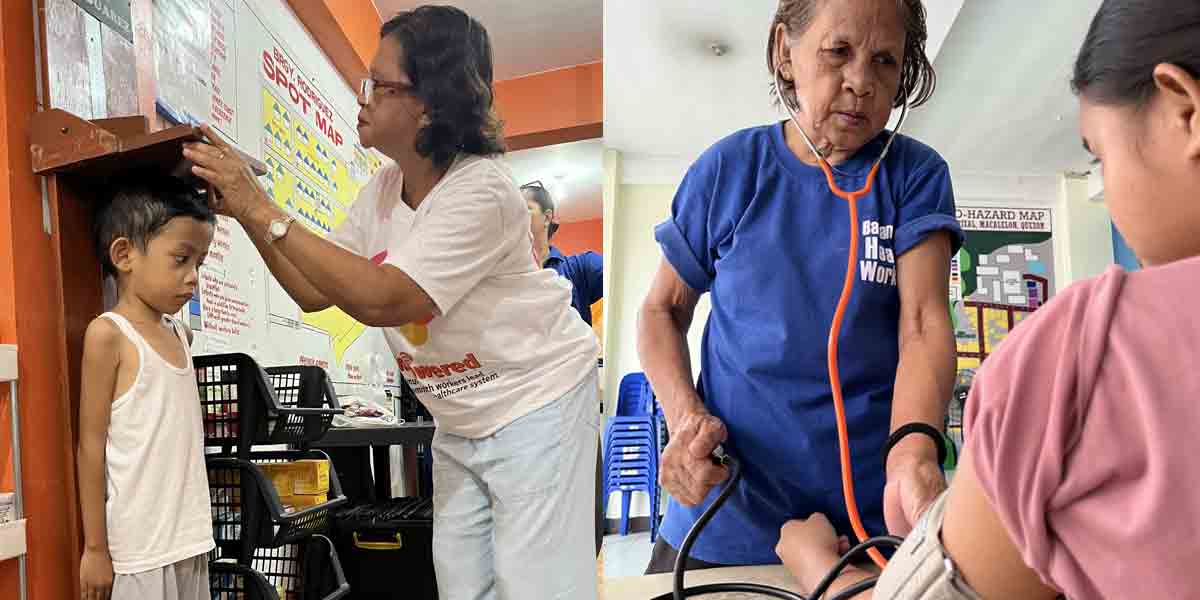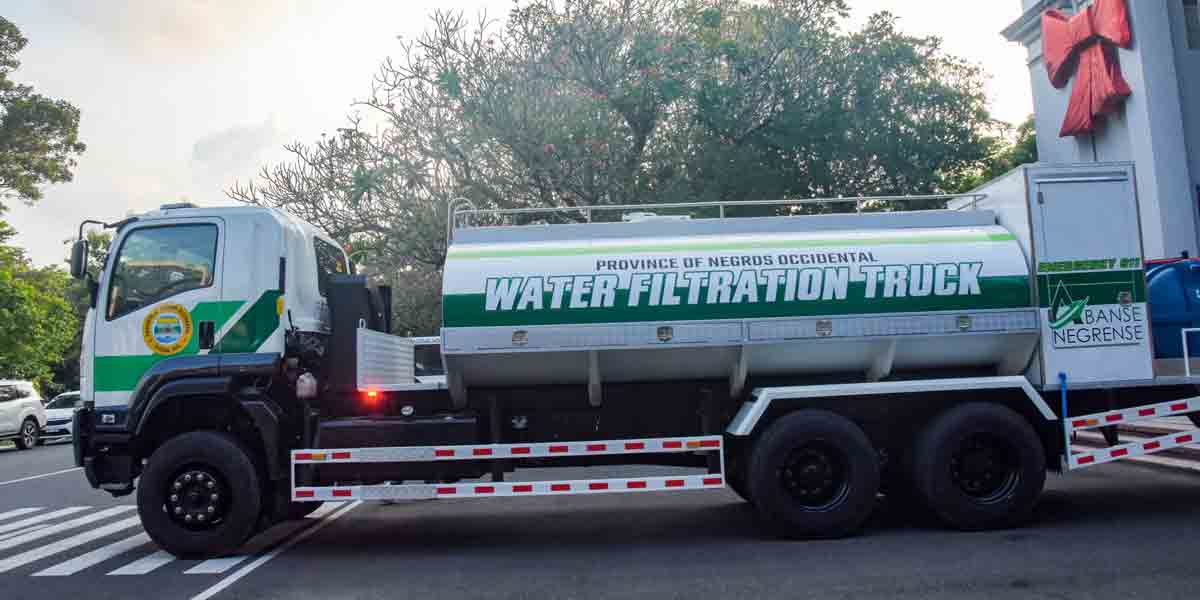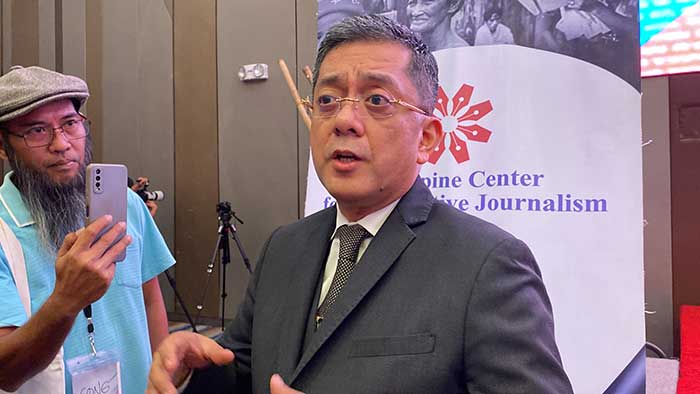
By Joseph Bernard A. Marzan
Commission on Elections (COMELEC) Chairperson George Garcia on Tuesday expressed the agency’s plans to establish regulations for the upcoming election campaigns, with the aim of curbing premature campaigning and advocate for laws governing social media use.
Garcia noted that any individual declaring their candidacy in October will be recognized as a candidate even before the official campaign period begins in early 2025.
He highlighted the effectiveness of this approach during the 2023 Barangay and Sangguniang Kabataan Elections (BSKE), where it prevented the misuse of Aid In Crisis Situations (AICS) by the Department of Social Welfare and Development (DSWD) and Tulong Pang-hanapbuhay sa Ating Disadvantaged/Displaced Workers (TUPAD) by the Department of Labor and Employment, 10 days prior to the elections.
AICS and Tulong Pang-hanapbuhay sa Ating Disadvantaged/Displaced Workers (TUPAD) under the Department of Labor and Employment are just some of the aid programs which are regularly being credited to the facilitation of offices of senators and district and partylist representatives.
These and other similar events may be a point of reference to prohibit candidates, whether incumbent or not, from participating in activities.
“In the end, because of the policy we will be implementing, that they will be considered candidates already, there is a possibility that they can no longer join [aid distribution] activities, because if there will be pictures of them [at these events], that’s ground for [election offense],” Garcia explained.
But this initiative counters the Supreme Court’s 2009 decision in Penera vs. COMELEC, which ruled that election offenses are only prosecutable during the official campaign period, as per Section 15 of Republic Act No. 8436, known as the Automated Election Law.
Garcia said that they will seek to work their way around it, saying that candidates will be prohibited from engaging in partisan political activity before the start of the campaign period.
“We want to try it. The question asked of us is, can we do like we did [in the BSKE]? […] We want to do it simply because if we don’t do it, we can’t explain the Penera case to the public, and they will just say that the COMELEC is ignorant because we can’t stop it. The Supreme Court basically said that we can’t take that down,” he said.
“As a lawyer, of course I looked for where we can. [Candidates] should not be engaged in partisan political activity. That is on the assumption that they are not engaged [in such] activity. Therefore, at any time they engage (sic), they are converting themselves into candidates already,” he stated.
The COMELEC chair is also advocating for legislation to regulate social media activities during elections, highlighting the current absence of regulatory laws.
Republic Act No. 9006, the Fair Election Act, regulates only traditional media—print, television, and radio—and does not encompass other media forms.
The COMELEC chief reiterated that the poll body is currently preparing for two elections in 2025, including the National and Local Elections (NLE) on May 12, 2025, and the 2025 BSKE on December 5.
The public will be voting for 12 senators for 6-year terms (2025 to 2031), district and party-list representatives, and local government officials in their provinces and municipalities or cities in the NLE, and for village and youth body officials in the BSKE.
The NLE will see a new election systems provider for the first time since 2010, South Korean firm Miru Systems, who will provide 110,000 machines (software and hardware), ballot boxes, ballot printing, pens, laptops, and other peripherals, under a bundled bid package worth P18 billion.
Transmission of the results, meanwhile, will be supplied by another provider, Ione Resources, who submitted a bid of P1.426 billion.
The centralized transparency server will no longer be available in next year’s elections, due to issues during the 2022 elections, but results directly from precincts will be simultaneously transmitted, spread among dedicated data centers of the COMELEC and servers of 5 non-government entities.
These include the dominant majority and dominant minority parties, the National Movement for Free Elections, the Parish Pastoral Council for Responsible Voting, and the media.


